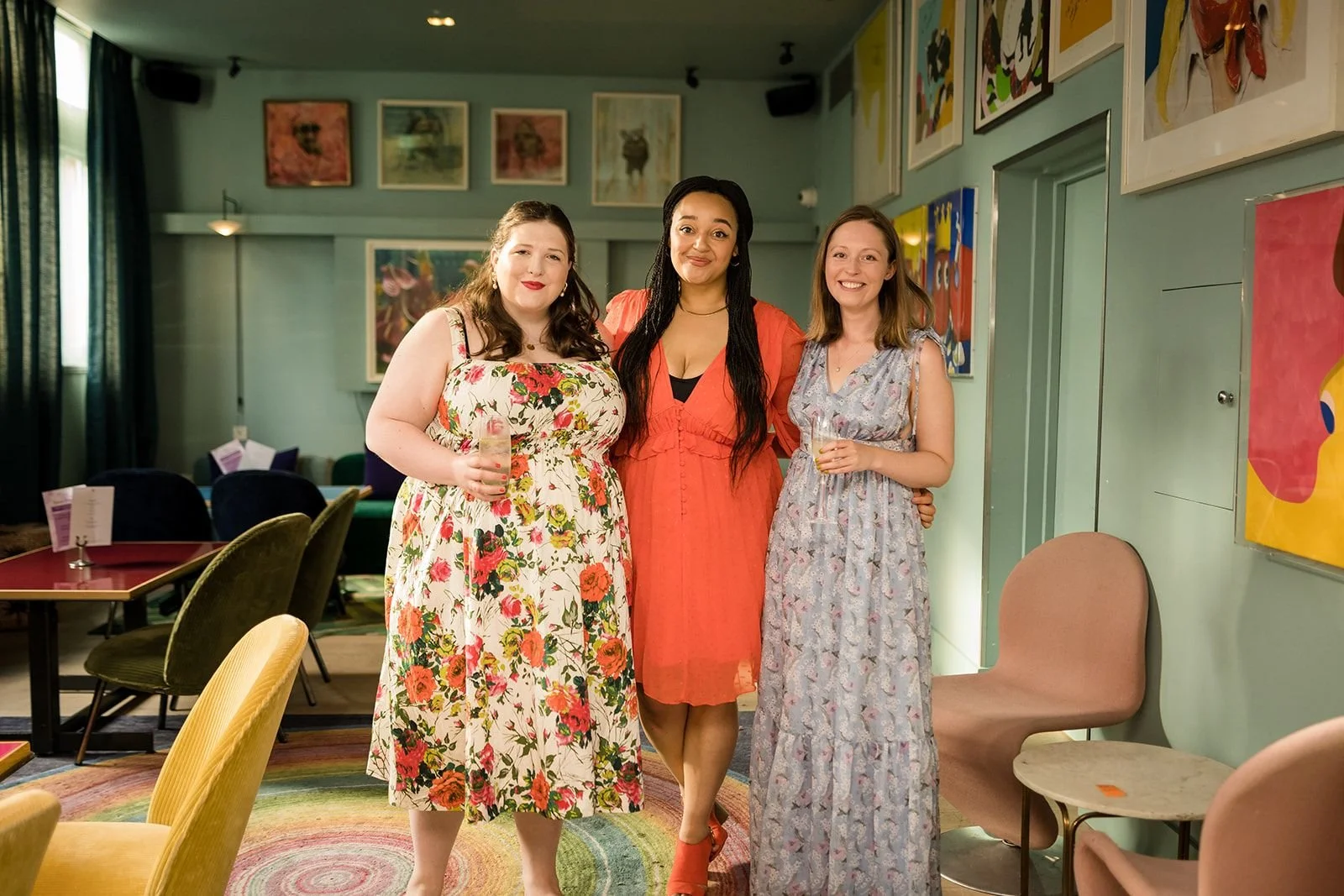One Year On: Rachel Neely
It’s been a year since Associate Agent Rachel Neely made the move from working in a publishing house as a commissioning editor to working at the agency. Here are six lessons from her first year in agenting…
Editing is a huge part of being an agent
When I first looked into publishing I knew that I liked reading and editing, so editorial seemed like the natural choice. However, I have found I am doing a lot more reading and editing as an agent than I ever did as a Commissioning Editor.
I also really enjoy being involved at the early stages of the process. Editing as an agent isn’t about finding the perfect word or correcting syntax, it’s about problem-solving: fixing plot-holes, ironing out inconsistencies in character, knowing when to cut a plot strand or add in an extra twist to make the story as satisfying as possible. Watching a book evolve from the first draft through to the final draft, and knowing you helped an author get there, is incredibly gratifying.
The collaborative process begins with signing an agent
Writing can be a really such a solitary process, I think it starts to feel real for authors once they sign with an agent. For the first time they are having long and detailed conversations about characters or plot twists that have only ever existed in their heads.
One of my favourite parts of the job is working with my authors, whether that’s brainstorming book two, suggesting quite a radical edit and seeing the author’s eyes light up as everything clicks into place, or even just being able to offer reassurance about an element of the publishing process that has been stressing them out.
It isn’t enough to love a book, you have to know how to sell it
Sometimes as an agent I’ll fall in love with a story or the set of characters, but still end up rejecting it. That doesn’t mean it isn’t a great book, it’s very much a ‘It’s not you, it’s me’ situation.
What it usually means is that by the time I have finished the book, I have realised I don’t know how to sell it – it could be that I’m not familiar with that particular space in the market, I don’t have the right editor contacts or that I’m struggling to come up with a winning pitch. In that situation the author is better served by an agent who knows exactly how to sell the book.
Sharing the vision for a book with an author is key
Similar to the last point, as an agent, when you read you are thinking about all sorts of things – the edits you would suggest, the comparison titles you would use in your pitch letter and which editors you would send it to. All of those things combine to make your ‘vision’ for the book.
One of the most important things for authors, when choosing an agent, is to make sure that your vision matches the agent’s. If they see it as a commercial book that should be published by a commercial publisher with a commercial jacket, but you as the author want to be published by a prestigious literary publisher, it isn’t the right match!
Not everything has to be perfect the first time around
When we call in a full manuscript, there are three outcomes: we are interested in signing the author, we realise we aren’t the right home for the book or we ask the author to revise and resubmit. In a revise and resubmit situation we give the author substantial feedback and ask the author to resend the manuscript to us if they decide to make our suggested changes.
Some of the most exciting manuscripts we get in are from revise and resubmits. Often authors show a lot of promise and just need a bit of a steer for their book to reach its full potential!
Not every author is an overnight success
One of the hardest aspects of the job is when a brilliant book and excellent author doesn’t sell – whether that is to a publishing house at submission stage or to consumers after publication. It isn’t necessarily a reflection of the quality of the work, there are so many factors that are at play in determining if a book works or not.
But, coming to the agency, it has been really interesting to learn that some of our biggest authors didn’t sell their first book or had a string of less successful books before hitting the bestseller lists!



